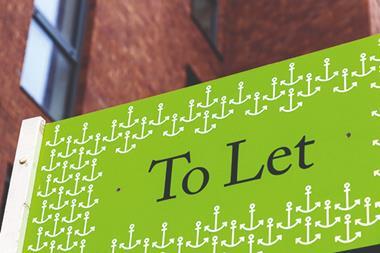The government’s decision in 2012 that there would be no rating revaluation in April 2015 - in order to ensure predictability for business - will have precisely the opposite effect by the time the next rating revaluation arrives
in April 2017.

The point of a general revaluation is to reallocate the overall rate yield in line with changes in the economic landscape since the last revaluation. For the 2010 revaluation, the valuation date was 1 April 2008.
Research undertaken by Montagu Evans suggests some wild swings in value, with some grade-A office locations experiencing increases of up to 98% in liability by 2017, as a result of the delay in revaluation.
Since 1990, properties have been revalued every five years, by reference to an ‘antecedent valuation date’ two years earlier. The valuation date assessments currently applied do not take account of subsequent economic decline and the delay in revaluing properties will prolong the agony of struggling businesses.
The revaluation that had been expected in April 2015 would have required a rental assessment of each business occupation by reference to market conditions at April 2013, and those in areas of decline would have benefited from lower rateable values.
It was a clear case of the government not wanting a damaging headline just before the election. A reduced pool of rateable value would have meant a much higher headline-grabbing multiple, or Uniform Business Rate (UBR).
In 2015/16, the UBR in London now exceeds 50p and elsewhere the multiple is very close (49.3p) to 50% of the 2008 rental value. The UBR could conceivably rise to 60p at the revaluation in 2017 because, although prime rents have risen (by the 2015 valuation date), most still lag behind the 2008 market. The consequences are far-reaching.
For those whose rents have grown on the back of a supply shortage in London, Birmingham and Manchester, rateable values could increase, compounded by a much higher multiplier. For those in poorer areas hoping for lower rates, this desire could be frustrated by a much higher UBR, despite a lower rateable value (on the back of lower rents).
Those ratepayers in the north, and in the retail sector in particular, will now have to batten down the hatches for another two years in the hope of some rate relief, which may never arrive.
Richard Wackett is a partner at Montagu Evans































No comments yet